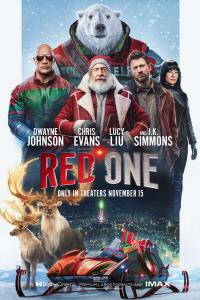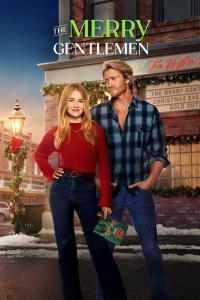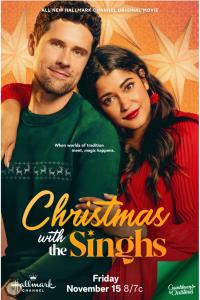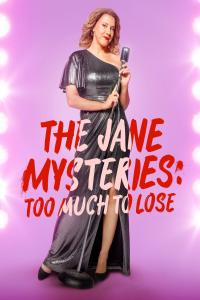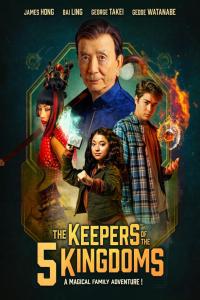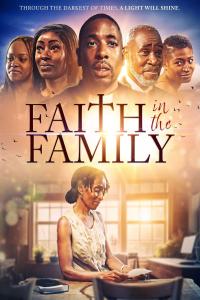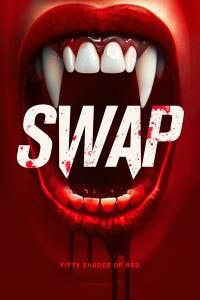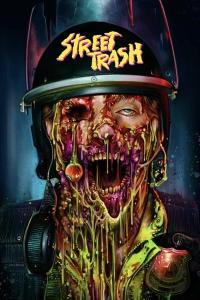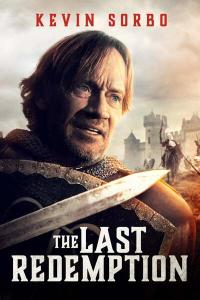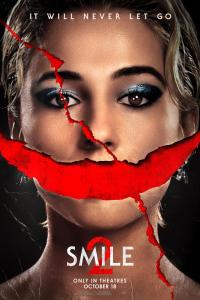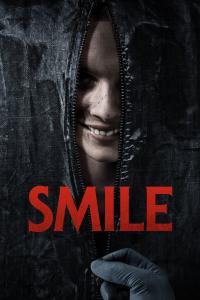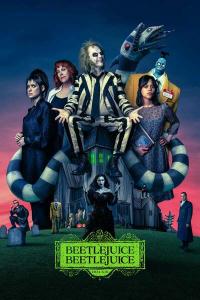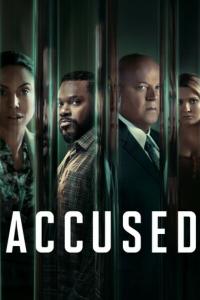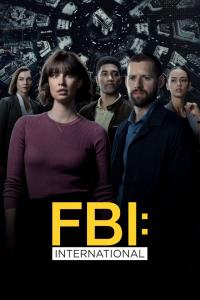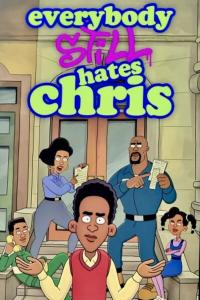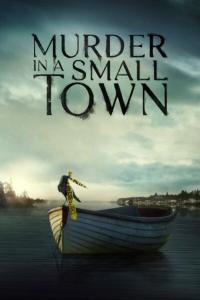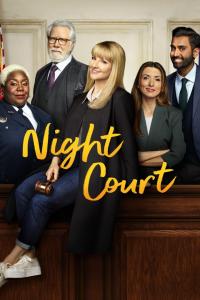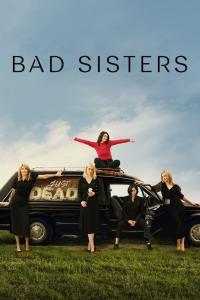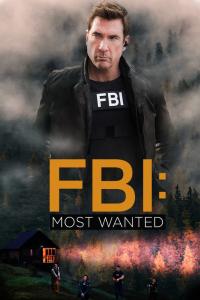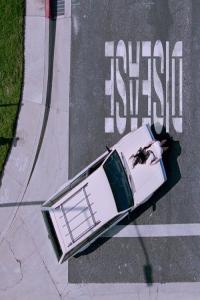Torrent details for "Horror Film: A Critical Introduction by Murray Leeder EPUB" Log in to bookmark
Controls:
Language:
 English
EnglishTotal Size:
4.46 MB
Info Hash:
4ca6750bea272b56579b914d7775d609e9539ba9
Added By:
Added:
27-10-2023 08:02
Views:
246
Health:

Seeds:
34
Leechers:
5
Completed:
251
xx
Horror Film: A Critical Introduction by Murray Leeder EPUB
Throughout the history of cinema, horror has proven to be a genre of consistent popularity, which adapts to different cultural contexts while retaining a recognizable core. Horror Film: A Critical Introduction, the newest in Bloomsbury's Film Genre series, balances the discussions of horror's history, theory, and aesthetics as no introductory book ever has. Featuring studies of films both obscure and famous, Horror Film is international in its scope and chronicles horror from its silent roots until today. As a straightforward and convenient critical introduction to the history and key academic approaches, this book is accessible to the beginner but still of interest to the expert.
Throughout the history of cinema, horror has proven to be a genre of consistent popularity, which has the flexibility to bend to needs of different cultural contexts. Horror Film: A Critical Introduction, the newest in Bloomsbury's Film Genre series, is designed to balance the discussions of horror's history, theory, and aesthetics as no introductory book ever has. As a straightforward and convenient critical introduction to the history and key academic approaches, this book gives concerted attention to the idea that horror has unusually strong reflexive or metafictional tendencies. The emphasis here is on American and UK horror traditions, with other national traditions (German Expressionism, J-Horror, etc.) coming into focus as they circulate within the Anglophone world and exert influences of their own.
It is designed to be accessible to the beginner, while also responding to and furthering the research into the horror film that has been undertaken in the last few decades. In particular, it avoids the predominance that "the monster” has traditionally held in research on the horror film. This is not to deny the importance of the monster as a conceptual figure, but to open consideration to branches of horror less amenable to being discussed through the monster, such as haunted house films. Murray Leeder successfully eschews the crisis rhetoric around contemporary horror that hampers much recent writing on cinematic horror.
xx
Horror Film: A Critical Introduction by Murray Leeder EPUB
Throughout the history of cinema, horror has proven to be a genre of consistent popularity, which adapts to different cultural contexts while retaining a recognizable core. Horror Film: A Critical Introduction, the newest in Bloomsbury's Film Genre series, balances the discussions of horror's history, theory, and aesthetics as no introductory book ever has. Featuring studies of films both obscure and famous, Horror Film is international in its scope and chronicles horror from its silent roots until today. As a straightforward and convenient critical introduction to the history and key academic approaches, this book is accessible to the beginner but still of interest to the expert.
Throughout the history of cinema, horror has proven to be a genre of consistent popularity, which has the flexibility to bend to needs of different cultural contexts. Horror Film: A Critical Introduction, the newest in Bloomsbury's Film Genre series, is designed to balance the discussions of horror's history, theory, and aesthetics as no introductory book ever has. As a straightforward and convenient critical introduction to the history and key academic approaches, this book gives concerted attention to the idea that horror has unusually strong reflexive or metafictional tendencies. The emphasis here is on American and UK horror traditions, with other national traditions (German Expressionism, J-Horror, etc.) coming into focus as they circulate within the Anglophone world and exert influences of their own.
It is designed to be accessible to the beginner, while also responding to and furthering the research into the horror film that has been undertaken in the last few decades. In particular, it avoids the predominance that "the monster” has traditionally held in research on the horror film. This is not to deny the importance of the monster as a conceptual figure, but to open consideration to branches of horror less amenable to being discussed through the monster, such as haunted house films. Murray Leeder successfully eschews the crisis rhetoric around contemporary horror that hampers much recent writing on cinematic horror.
xx





